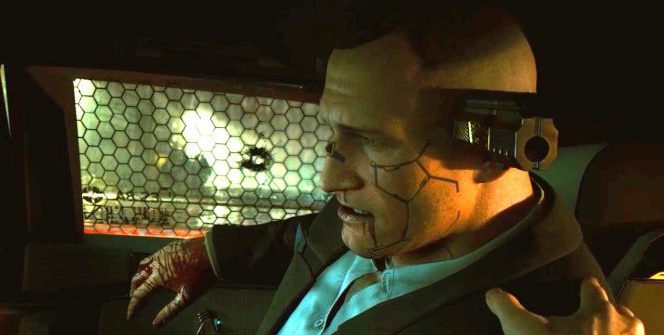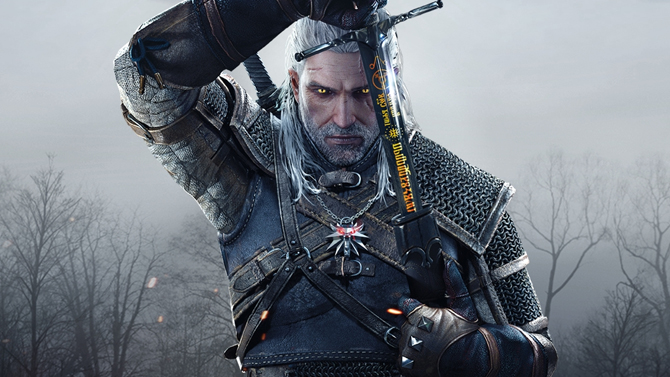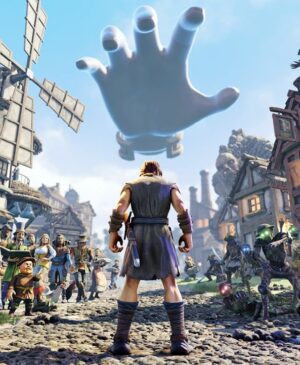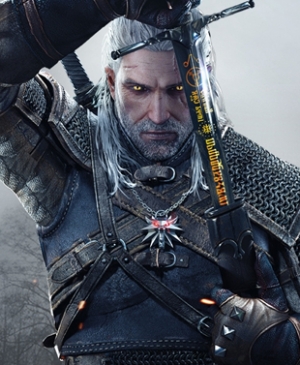CD Projekt RED‘s staff knew that their first-person perspective RPG is far from the best, and yet they published it as-is…
Bloomberg’s Jason Schreier has published a new report, which effectively goes against what Marcin Iwiński, CD Projekt RED’s (CDPR onwards) co-founder said earlier this week in a new apology video. There, Iwiński said that the scope of Cyberpunk 2077’s issues was not entirely known before release.
Schreier interviewed „more than 20 current and former CD Projekt staff,” and it turns out that the coronavirus global pandemic caused difficulties with communication and production (for instance, the developers couldn’t work on console development kits in the office), the employees he spoke with said that the external tests did reveal the problems Cyberpunk 2077 had. In other words, Iwiński might have not said the truth…
„As the [November 19] launch date drew closer, everyone at the studio knew the game was in rough shape and needed more time,” Schreier wrote, and in the three-week delay to December 10, „exhausted programmers scrambled to fix as much as they could,” meaning a smooth launch was far out of the question. And crunch was a heavy issue as well: „There were times when I would crunch up to 13 hours a day—a little bit over that was my record probably—and I would do five days a week working like that. I have some friends who lost their families because of these sort of shenanigans,” said Adrian Jakubiak, a former audio programmer.
The issues around Cyberpunk 2077 began earlier, though. They already had a challenge in developing a game, as well as the new engine for it, simultaneously. There were a lot of overhauls requested in 2016 by Adam Badowski, the director of the game, and ex-The Witcher 3 developers left the project, as their vision was different from what Badowski had. CDPR also struggled to manage a 500+ employee team, which was twice as bigger as what The Witcher 3 had.
Schreier shared a few additional details on Twitter that were omitted from his article: „Veteran devs from other companies were shocked at CDPR’s free-for-all production. One example: if someone needed a shader, they’d make it, with no pipeline in place to determine whether someone had already made one with the same function. One CDPR developer told their manager that they didn’t want to work overtime, as their CEO had said would be OK. Fine, their manager said, but one of their other coworkers would just have to work extra hours to make up for them. Several other developers shared similar stories.”
And this sentence from Schreier says it all: „As is evident by the final product, it was unclear to some of the team why they were trying to make both an RPG and a Grand Theft Auto[-clone] with a fraction of Rockstar’s staff.”
Source: PCGamer
















Leave a Reply